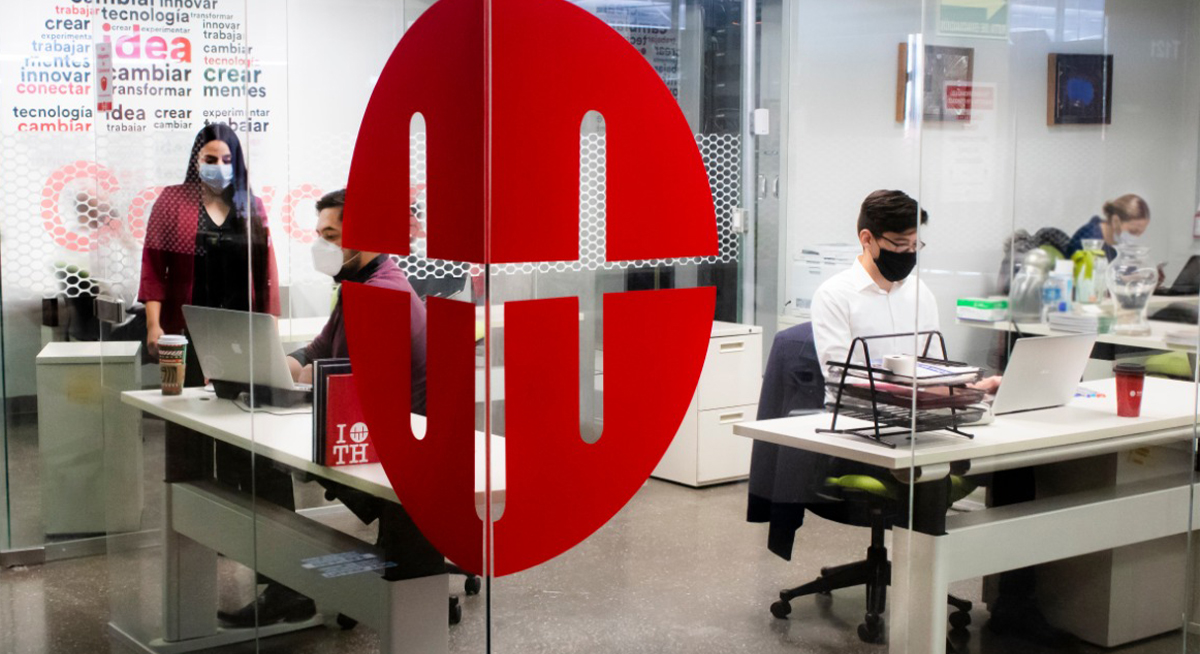With the recent reform known as Home Office, several companies will choose to return their collaborators to offices, what do you plan to do?
The global situation has shown the enormous expense of paying for a complete building for your company. Of course, companies like Microsoft and Apple have no problem with this, they even have a whole campus to themselves, with a lake and a golf course. However, for SMEs it is one step at a time and the goal no longer seems to be a building for you alone, even large companies are beginning to consider it.
There are several companies that must ponder a lot in this regard. As a company, you will have to do the math to find out what is best for you: having your team in home office or hiring workspaces in a business center like Technology HUB, because traditional offices are simply not a viable option right now.
4 important points of the reform to consider when sending your collaborators to Home Office
1. Provide equipment and bear the costs derived from work at home
The company must provide the work equipment, such as chairs and printers. They must also take care of the installation, if necessary, and the maintenance of the computer equipment. On the other hand, collaborators must take care of the equipment, materials and supplies provided.
Also, this includes payment for telecommunication services (such as internet and communication tools) and the proportional part of electricity. Likewise, collaborators must report on the agreed costs in a timely manner.
If this point seems expensive to you, it’s because it is. You could hire a corporate desk that covers those requirements and saves you all maintenance, electricity and internet expenses.
2. Register collaborators to the mandatory social security scheme
To avoid treating collaborators who work in home office differently, it has been mandatory to register them and give them social security. They must also receive pay corresponding to their payroll responsibilities regardless of where they work.
In the case of collaborators, they must obey the health and safety provisions established at work.
3. Training and counseling
Collaborators must be guaranteed their learning and adaptation to this new modality through training in necessary information technology issues, as well as counseling on unknown issues, such as the applications that are required in home office.
More than anything else, this is due to the fact that they must use the mechanisms and operating systems to monitor their activities, so this point benefits both parties.
4. Respect the disconnection
Once the working day is over, collaborators turn off their equipment and no longer have to answer calls or emails.
Another important point is that the company cannot extend its arm too far to get into the collaborator's privacy, but the latter cannot share or disclose the company's information either, so both must comply with data protection policies and restrictions on their use and storage.
If you are still considering your options, keep in mind that for a limited time Technology HUB has several offers in its workspaces. From a 50% discount on their corporate desks to flexible memberships that allow you to share offices in rotating hours with your workforce.
Get in touch with us, we want you and your collaborators to be safe and satisfied with their workspace during these times.

